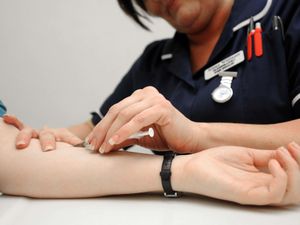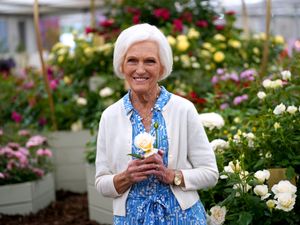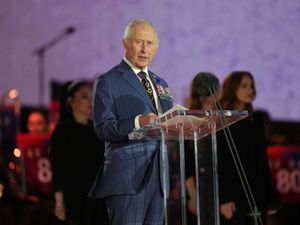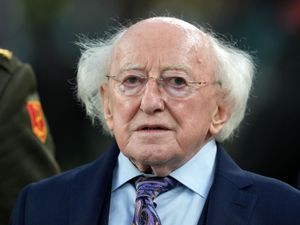Deadline day to apply for emergency photo ID for May 1 elections
People who do not have any of the right forms of identification need to apply for a voter authority certificate by 5pm on Wednesday.
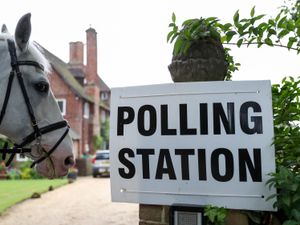
Anyone without the correct form of photo ID to take part in next week’s local and mayoral elections in England has only a few hours left to apply for a special certificate.
Some 1,641 council seats are up for grabs on May 1 across 23 local authorities.
Elections are also taking place for four regional mayors and two local mayors, while voters in the constituency of Runcorn & Helsby will choose a new MP.
There are only certain kinds of photo identification that will be accepted at polling stations and voters without the correct ID will be turned away.
A passport, driving licence photocard or blue badge are all valid, as is an older person’s bus pass.
People who do not have any of the right forms of ID need to apply for a voter authority certificate by 5pm on Wednesday.
This can be done online at gov.uk/apply-for-photo-id-voter-authority-certificate.
Photo ID rules were brought in as part of the Elections Act 2022 and were first enforced in England in 2023 and across Britain at the 2024 general election.
Voters in Northern Ireland have been required to show ID at elections since 2003.
Some 397 applications for a voter authority certificate (VAC) were made on Tuesday, the highest number for a single day so far this year, according to analysis of Government figures by the PA news agency.
The previous highest number was 322 on April 16.
Of the 1,672 applications submitted in the most recent week, 55 to 64-year-olds accounted for 28% of the total, followed by people aged 45 to 54 (21%), 35 to 44 (19%), 25 to 34 (11%), under-25 (9%), 65 to 74 (8%) and 75 or over (4%).
Jackie Killeen, director of electoral administration and regulation at the Electoral Commission, said: “Voters will be required to show photo ID at polling stations next week.
“Our research shows that the vast majority of voters already have an accepted form of ID, but for those that do not, the free ID is an important option.
“Time is running out to apply for the free ID, so we are calling on anyone that needs it to make sure they have submitted their application by 5pm on Wednesday so that they can cast their vote on May 1.
“Applications can be made online or by completing a paper form, which can be obtained from your local council.
“Voters will need to provide a photo, their full name, date of birth, the address at which they are registered to vote and their national insurance number.”
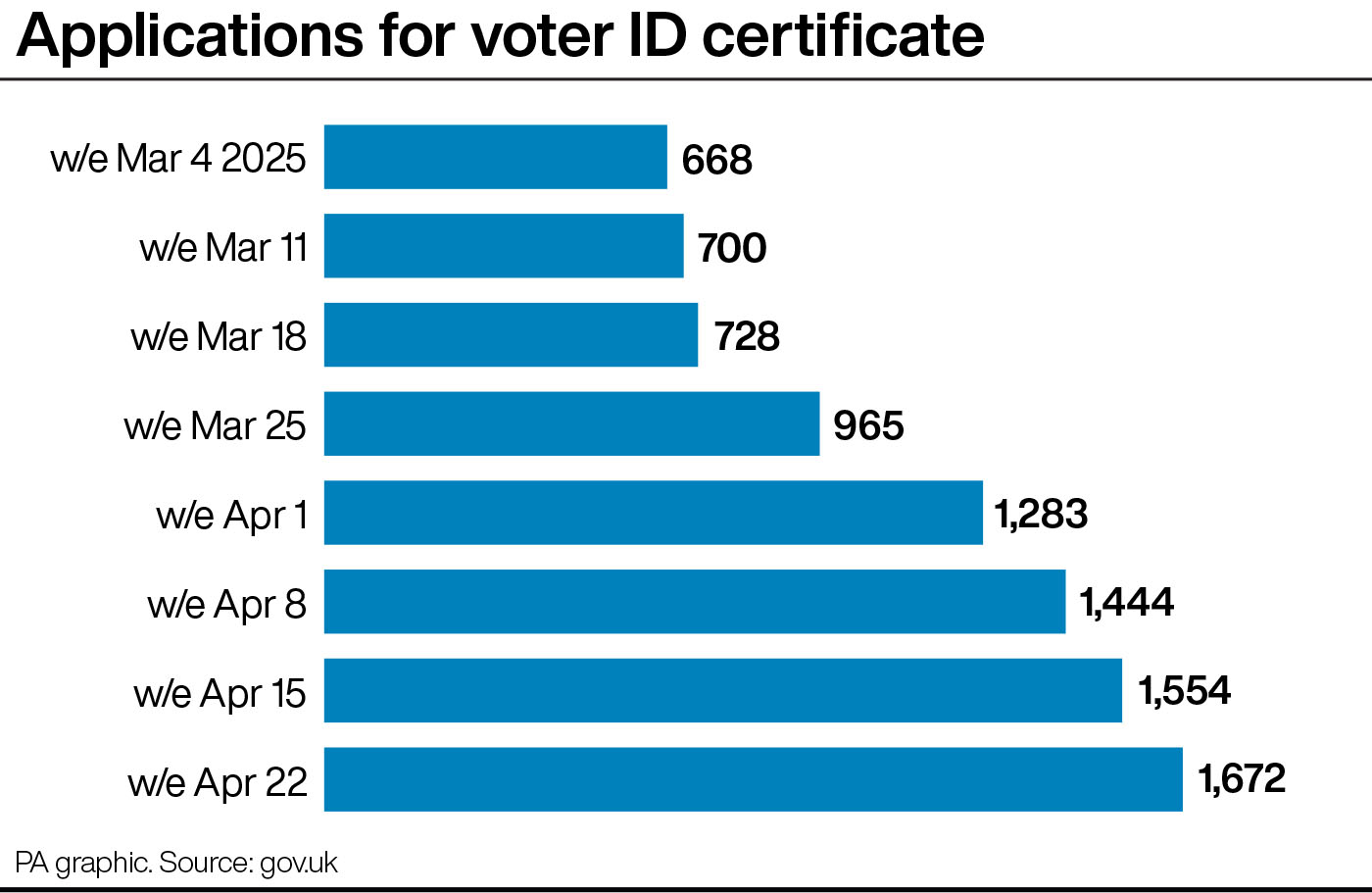
No scheduled elections are taking place on May 1 in Scotland, Wales or Northern Ireland.
It is nonetheless the first big test at the ballot box for political parties since Labour won the general election in July 2024.
Of the 23 local authorities in England holding elections on May 1, 14 are county councils: Cambridgeshire, Derbyshire, Devon, Gloucestershire, Hertfordshire, Kent, Lancashire, Leicestershire, Lincolnshire, Nottinghamshire, Oxfordshire, Staffordshire, Warwickshire and Worcestershire.
The others are the unitary authorities of Buckinghamshire, Cornwall, Durham, North Northamptonshire, Northumberland, Shropshire, West Northamptonshire and Wiltshire, plus Doncaster Metropolitan Council.
Every seat on all 23 authorities is up for grabs, but boundary changes mean some areas will be electing fewer councillors than before.
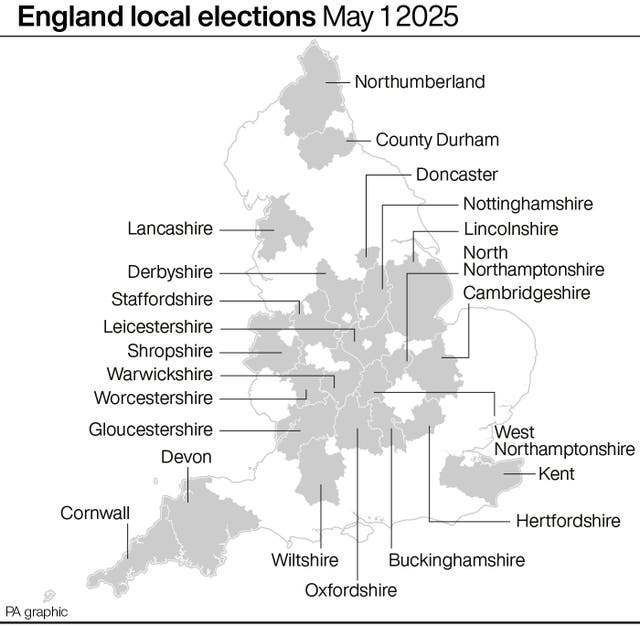
Four combined-authority mayors are being elected on May 1, for Cambridgeshire & Peterborough, Greater Lincolnshire, Hull & East Yorkshire and the West of England, along with two single-authority mayors in Doncaster and North Tyneside.
The by-election in Runcorn & Helsby was triggered by the resignation of the previous MP, Mike Amesbury, after he was given a suspended prison sentence for punching a man in a street in Frodsham, Cheshire in October 2024.
Mr Amesbury won the seat for Labour at the 2024 general election but was suspended by the party after footage emerged of the punch, and spent the last few months sitting as an independent MP.

